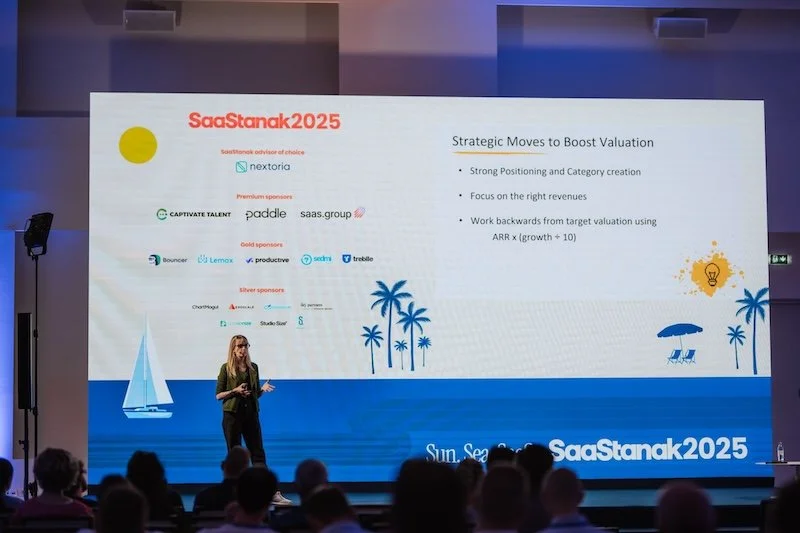Dynamic bonuses: using machine learning to predict player preferences in casinos
In recent years and with the many advances in technology, online casinos have been increasingly focusing on providing a more personalised gaming experience to players.
As the competition between online casinos gets tougher, casinos are seeking new and innovative ways to create personalised offers, rewards and bonuses that fit the individual’s preferences, creating a fully customised environment for each player.
This has led to the rise of dynamic bonuses, where machine learning algorithms are designed to predict player preferences and provide them with relevant offers that hit their target. From a deep dive into the various casino bonus structures and player experiences, machine learning is proving itself to be a powerful tool in shaping the future of player retention and satisfaction.
The main role of machine learning in dynamic bonuses
Machine learning allows casinos to quickly and promptly analyse huge amounts of data on player behaviour, from game choices and spending habits to the lengths of gaming sessions and win-or-loss ratios.
By using these very important data points, machine learning models can quickly identify patterns and also predict what types of casino bonuses or rewards will appeal the most to specific players. For example, a player who enjoys playing online slot games is more likely to appreciate a free spins bonus, while a player who prefers RNG card and table games or live dealer games might prefer a match deposit bonus offer.
‘Machine learning allows casinos to delve into a player’s journey and create tailormade bonuses in real-time, which can make a huge difference when it comes to engagement and satisfaction,’ says Jonas Kyllönen, Mr. Gamble’s co-founder and casino expert.
By better aligning with these predictive insights, casinos can not only optimise their marketing efforts but also ensure they provide a value-driven experience for their players.
Casino bonuses: traditional vs dynamic approach
Traditional casino bonuses are often created with a ‘one-size-fits-all’ mentality, where the same offers are available to all players. This can lead to the casinos missing engagement opportunities since these offers do not take into consideration individual preferences.
Dynamic bonuses, on the other hand, take into account data-driven insights, offering more personalised rewards that are more likely to appeal to each player. This results in a better engagement strategy that not only attracts players but is likely to see them return for more.
By using ML_driven dynamic bonuses, online casino sites can attract players in unique and very customised ways. Highlighting popular £10 deposit bonuses in the UK, for example, can attract new players looking for low-commitment entry points, while experienced players might benefit from loyalty rewards of exclusive promotions.
How machine learning models in dynamic bonuses work
Machine learning models designed to predict player preferences are typically built on three core components: data collection, pattern recognition and personalised engagement. You can find out more about each one below:
- Data collection: Casinos collect data across all player interactions, including games played, frequency, the device used and the time of day for such gaming sessions.
- Pattern recognition: By analysing this data, ML algorithms detect various behavioural patterns, recognising tendencies that might predict potential future preferences.
- Personalised engagement: With patterns identified, the model can also recommend specific bonuses or promotions to individual players, increasing the likelihood of them accepting the offer and engaging.
These data-driven insights are designed to address player preferences, from offering tailor-made welcome bonuses to designing loyalty programs that align perfectly with the player’s gaming history.
A player that makes small deposits on a frequent basis might be more attracted to the best PayPal casinos in the UK, where they can benefit from safe and smooth transactions, along with snapping up casino bonuses perfectly designed for small deposits.
How online casinos use dynamic bonuses
The power of dynamic bonuses lies in their ability to match casino bonus offers with individual player profiles.
Some online casinos are now using machine learning to send real-time bonus offers based on the player’s current activity. If the player is on a winning streak, they might receive an extra casino bonus for example in a bid to encourage them to try a different game category.
On the other hand, a player who is on a losing streak might be offered cashback or a low-risk casino bonus to maintain engagement levels.
Another example entails highlighting the most attractive casino bonuses based on deposit methods. For example, casinos can create specific casino bonuses towards players opting for PayPal. Offering unique bonuses for PayPal players is not only about luring them to the site but also reassuring them with fast and secure transactions.
Here are some of the most popular UK dynamic bonuses created by machine learning:
The future of dynamic bonuses in the casino industry
As machine learning continues to develop and also advance, the future of dynamic bonuses promises to become even more sophisticated and intricate. Thanks to the integration of artificial intelligence and machine learning algorithms thrown into the mix, online casinos will be able to anticipate player needs with greater precision.
In such a competitive and rife casino environment, a new casino must do its utmost to stand out in a competitive market. One way of doing this is via personalised features such as dynamic bonuses.
Picture yourself logging into your favourite online casino and receiving a casino bonus offer tailored to your favourite game type, time of day or even previous win/loss partners: These sorts of personalised experiences are becoming a standard for many players who crave that unique and value-driven interaction with online casino sites.
Not only do such experiences foster engagement, but they also encourage a sense of loyalty.

































Continue reading…